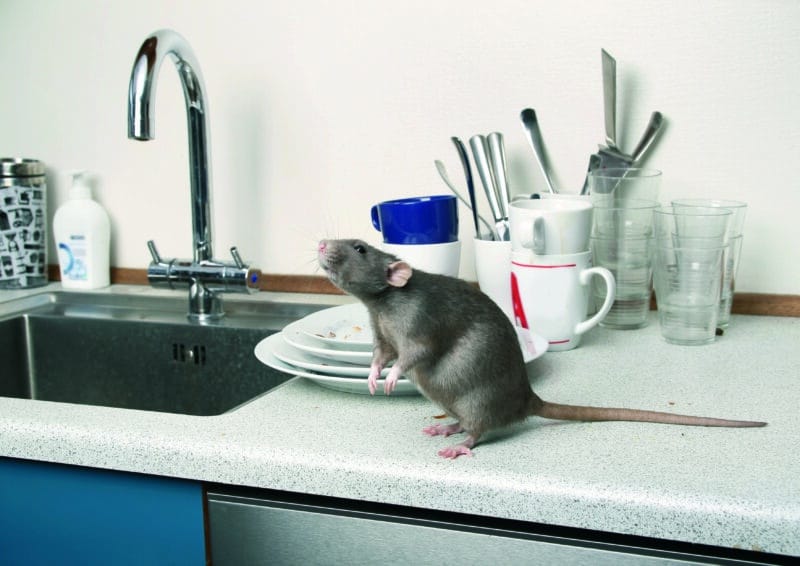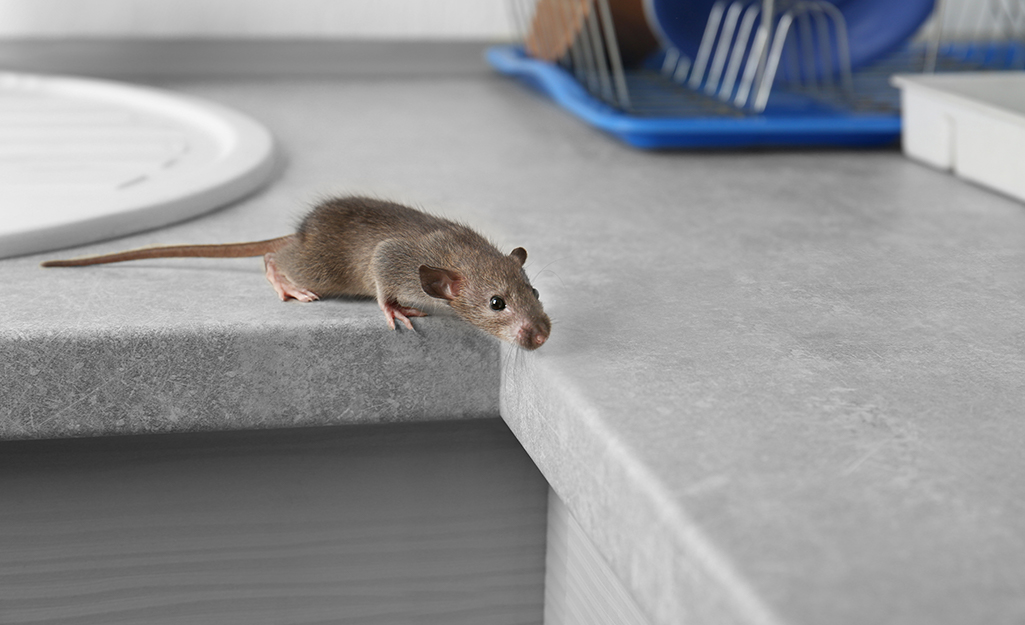Pest control for allergies: Ensuring A Safer Environment
Share
Allergies affect millions of people worldwide, and many are unaware that pests play a significant role in triggering these allergic reactions. Understanding the connection between pests and allergies is crucial for mitigating the symptoms and maintaining a healthy living space. In this article, we delve into the importance of effective pest control for allergies and provide strategies to keep your home safe and allergen-free.
Pests such as cockroaches, rodents, and dust mites are notorious for triggering allergies. These pests not only pose health risks through bites and contaminations but also worsen allergy symptoms through allergens present in their droppings, saliva, and body parts. For instance, cockroach allergens are one of the leading causes of indoor allergies. Taking steps towards pest control can greatly reduce the exposure to these allergens.

Identifying Common Pests Linked to Allergies
Cockroaches
These resilient pests are more than just a nuisance; they are a major trigger for allergies. Cockroach droppings, saliva, and shed skins contain potent allergens that can exacerbate symptoms in sensitive individuals. Read more about innovative pest control solutions designed to combat cockroach invasions at TrapX.
Rodents
Rodents like mice and rats are carriers of allergens that can easily become airborne, leading to respiratory issues. Their urine, saliva, and fur are common allergy triggers. Learn more about the latest mouse trap technologies that provide efficient control and minimize allergen exposure.
Dust Mites
Tiny and often imperceptible, dust mites thrive in warm, humid environments. They are widespread in homes and a leading cause of year-round allergy symptoms. Their droppings and body fragments can irritate the respiratory tract when inhaled. Implementing proper cleaning practices can significantly reduce their presence.
Strategies for Allergy-Proof Pest Control
Regular Cleaning and Maintenance
Maintaining a clean home is essential in reducing allergens. Regular vacuuming, dusting, and washing of linens in hot water can help limit the habitats and food sources for allergens and pests.
Sealing Entry Points
Preventing pest invasions begins with sealing any cracks or gaps around your homes exterior. This not only keeps pests out but also helps in minimizing allergens indoors.
Utilizing Safe Pest Control Products
Opt for eco-friendly and non-toxic pest control products that effectively target the specific pests responsible for allergies. Explore options for environmentally safer pest control products.
Professional Pest Management
Sometimes, professional intervention is necessary. Expert pest management services not only ensure complete eradication of pests but also focus on preventing future infestations. It's crucial to choose services that prioritize safety and health standards, especially for those suffering from allergies.
Protect Your Health and Home
The presence of pests and the allergens they carry can significantly impact quality of life for those with allergies. Understanding the link between these allergens and your health is the first step in developing an effective pest management plan. By implementing the strategies discussed, youll not only protect your health but also create a safer, allergen-free environment.
For more detailed information on best practices for pest management and allergy reduction, you may find valuable insights in this resource at The Spruce.

Frequently Asked Questions
How do pests trigger allergies?
Pests trigger allergies through proteins found in their droppings, saliva, urine, and shed skin. These proteins can easily become airborne and inhaled, leading to allergic reactions in sensitive individuals.
Can pest control products aggravate allergies?
Yes, certain chemical pest control products can aggravate allergies or trigger allergic reactions. It is important to opt for non-toxic, eco-friendly solutions and to consult professionals who can recommend allergy-safe treatments.
Is regular cleaning enough to manage pest-related allergies?
Regular cleaning is an important step but may not be sufficient alone. Combining cleaning with proactive pest control measures such as sealing entry points and using safe pest control products enhances allergy management effectively.
This article contains affiliate links. We may earn a commission at no extra cost to you.
